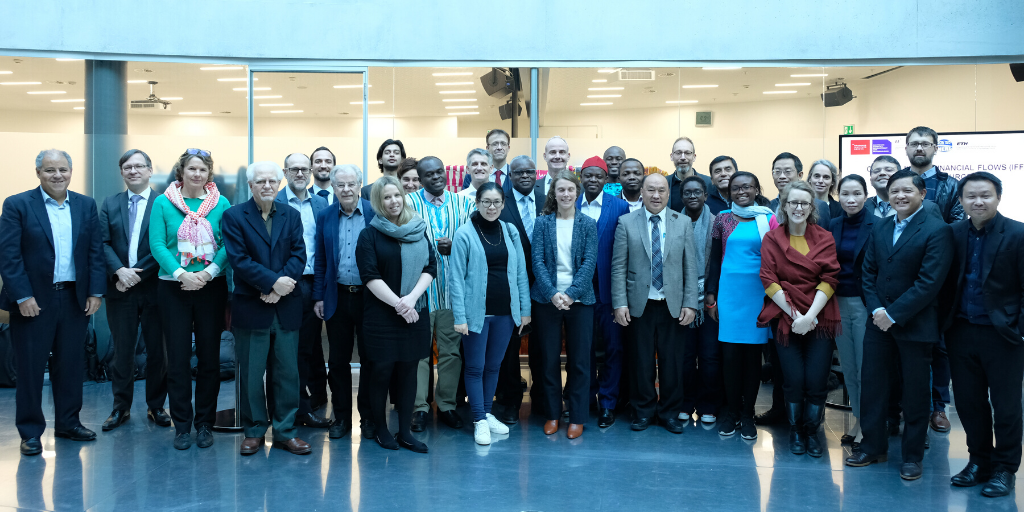The interdisciplinary, North-South collaborative project began in 2017 and has since made significant progress in improving collective knowledge and understanding of IFFs. Through intensive collaborations with public and private stakeholders, as well as support for an international advisory board, the research team has developed novel research methods and innovative policy solutions to evaluate and curb illicit financial flows related to trade in key commodities such as cocoa, gold, copper and coffee.
In the regulatory environment and legal context, the project legal team has clarified the debate on “what is illicit financial flows” and “what are illegal financial flows”, providing regulatory changes to contribute to the curbing of illicit financial flows. Thirdly the project looked into the role, responsibility and capability of major actors and stakeholders that influence IFFs, to provide credible and feasible policy solutions.
Through their respective interdisciplinary Work Packages , the research team has established themselves within ongoing national and international academic and policy debates on IFFs and tax reform. The team’s continuous engagement with experts and policymakers, and participation at national workshops, has ensured effective outreach to, and feedback from, scholars and practitioners alike.
Phase II of the project has been designed with two main objectives; first to broaden the evidence base for evaluating trade-based IFFs by implementing regional validation of our research methods, and second to accelerate engagements with stakeholders at national, regional and international level to drive progress towards our change scenarios.
On the first objective, the project’s second phase will focus on research in additional commodities like gas and oil in Ghana, banana and rubber in Laos, as well as the role of ASEAN in influencing networks for IFFs. Additionally research will be conducted on artisanal and small-scale gold mining in the Sahel region, specifically in Burkina Faso. This broadened focus will be complemented by other colleagues in the academic community from Peru and South Africa.
The second objective is to engage policymakers, traders, states and other civil society actors in order to help implement solutions to curb illicit financial flows. The project team will aim to develop research-based solutions to assist and equip customs and tax administration through the provision of an online observatory with a repository of reference prices, relevant regulations and online training tools, all designed to build capacity within these institutions, to tackle illicit financial flows.
Finally the creation and dissemination of a short documentary film will help to highlight to the broader public the issues at stake, and also to provide potential solutions and ways forward.
Visit the project website for more information.



